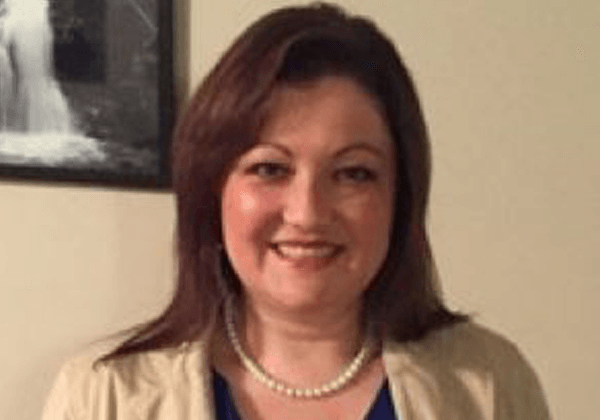Biography
Dr. Lumi Hartle is an Instructional Assistant Professor in the Department of Special Education at Illinois State University in Normal, Illinois. She has over 10 years of experience working in the field of general education and special education. Lumi earned her Ed.D. in Special Education from ISU in 2017. Her research interests include social and language development of young children, parent engagement, and teacher preparation in early childhood special education. Lumi has extensive experience teaching literacy courses and English as a Second Language (ESL) courses at the university level in both the United States and in Romania. Lumi’s desire is to present at The World Literacy Summit so she may share her unique experiences and passion for literacy with an international audience of professionals which will be represented at this Summit.
Co-Author: Stephanie Gardiner Walsh
The Effect of Coaching on Young Children’s Early Literacy Skills
Results of an empirical study of parents and a speech-language pathologist’s perspectives after an 8-week summer program intervention, the “Phonological Program,” are presented. The program’s goal was to improve early literacy skills, including phoneme awareness and attainment of new sounds. Participants included 3 parents of young children with disabilities. Data was collected using pre- and post-surveys with the parents and semi-structured interview with the speech-language pathologist. Parents reported that the program and the speech pathologist’s coaching had positive impact on their children’s language skills as well as improvement in their own abilities to support their children’s literacy skills.
The “Phonological Program” was offered at a local Illinois non-profit pediatric institution in the United States. The goal of the program was to increase young children’s communication and speech abilities so that they can fully participate in daily activities and achieve successes in life. The Program’s speech language pathologist addressed topics including phoneme awareness and speech-sound production. Parents were also coached on maintaining and generalizing children’s new skills at home. Both parents and their children met once a week for a seventy five-minute session. In each session, the speech pathologist provided children with specific language instruction, coached parents on methods for implementing the new skills, and included time for reflection and feedback between the parents, children, and the licensed speech pathologist. During each session, children practiced their current and new early literacy skills by involving in free-play activities, songs, “carpet time” (i.e., reading books) and one-on-one instruction with the speech language pathologist. Researchers surveyed parents before and after the program about their learning experiences and interviewed the speech-language pathologist at the completion of the program. The parents’ survey was divided into four domains: group atmosphere, parent skills, child skills, and demographic information. Each domain survey contained up to 6 Likert scale questions and one open-ended question. Researchers determined that the Phonological Program had positive impact on literacy-based skills as defined above in both parents and their children. Parents reported satisfaction with their children’s progress related to early literacy skills (i.e., sound awareness, speech intelligibility, vocabulary) as well as their own abilities to sustain and maintain their children’s newly acquired skills. Parents also commented positively on the high quality of instruction provided by the speech language pathologist in the program.

